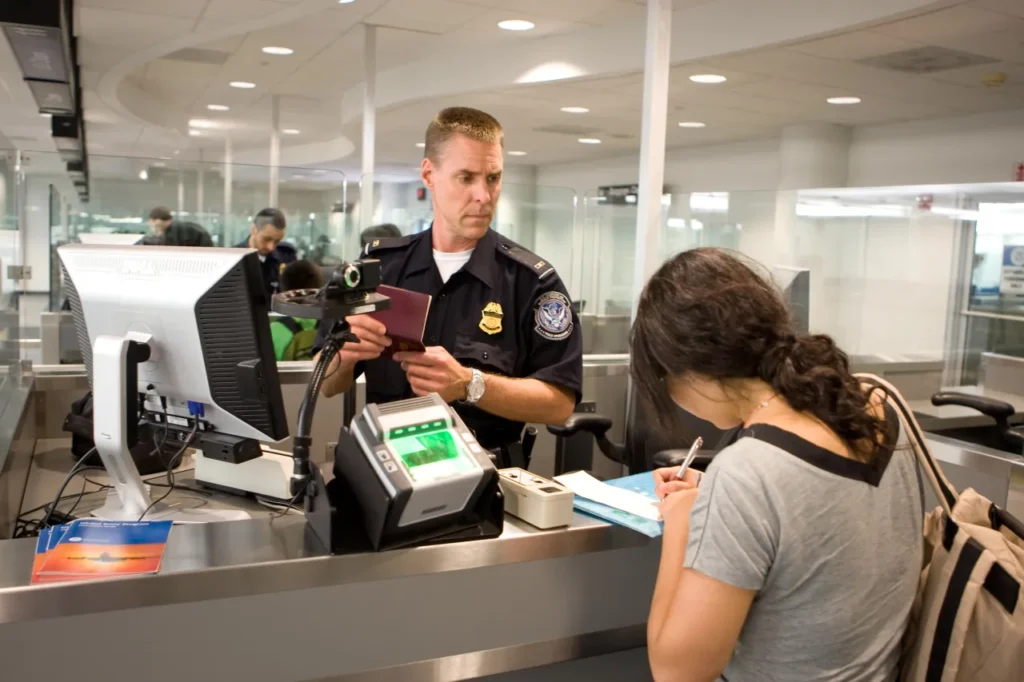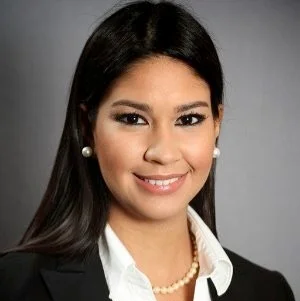
As immigration policy continues to evolve in 2025 under the new U.S. administration, many foreign nationals seeking to enter the United States are facing new rules, revised visa criteria, and updated enforcement protocols. Whether you’re applying for a temporary visa, planning long-term relocation, or entering for business purposes, understanding the current legal landscape is essential.
In this article, our immigration attorneys provide up-to-date legal framework for foreigners entering the U.S., including references to key policy changes, risks, and compliance strategies.
Key Immigration Policy Changes in 2025
The current U.S. administration has introduced several changes aimed at streamlining visa processes while tightening enforcement on unlawful entries and overstays. According to the U.S. Department of State, highlights of the updated policies include:
- Expanded visa interview waivers for low-risk applicants.
- Stricter scrutiny of student (F-1), employment-based (H-1B), and tourist (B-2) visa applications.
- Enhanced use of biometric screening at ports of entry.
- Renewed emphasis on enforcing the public charge rule in certain visa categories.
Legal Considerations for Foreigners Entering the U.S.
Our legal team advises all non-citizens to carefully prepare for their journey into the United States by understanding the following:
1. Visa Type and Eligibility Requirements
Each visa category—whether it’s B-2 (tourism), F-1 (education), or H-1B (employment)—comes with specific eligibility standards. Be sure to review the latest requirements on the U.S. Citizenship and Immigration Services (USCIS) website.
2. Honesty and Documentation at Entry
U.S. Customs and Border Protection (CBP) officers are trained to detect inconsistencies in your stated purpose of travel. Travelers should be prepared with:
- A return ticket
- Proof of accommodation
- Financial statements
- Letters of invitation (if applicable)
Legal Tip: Carrying false or incomplete information can result in denial of entry or even a multi-year ban.
3. Inadmissibility Issues
You may be deemed inadmissible based on past immigration violations, criminal convictions, or public health concerns. To avoid surprises at the border, consult an immigration attorney to assess any potential risks.
Learn more about inadmissibility on USCIS.gov.
Changes Affecting Specific Groups
Students and Scholars
Visa processing times for F and J visa applicants have improved, but scrutiny of funding sources and intent to return remains strict.
Work Visa Holders (H-1B, L-1)
The administration has increased H-1B visa approvals, but with higher documentation requirements. Be prepared to show proof of employment, labor condition applications, and contracts.
Tourists
Officers may request a detailed travel itinerary, especially if visiting family or staying for more than a few weeks.
How a Law Firm Can Help You Navigate the Entry Process
Our immigration law firm offers tailored guidance in the following areas:
- Pre-departure consultations to assess travel risks.
- Visa application reviews to ensure compliance.
- Waiver applications for inadmissibility issues.
- Representation in immigration interviews or appeals.
Need help? Contact our immigration attorneys for a confidential consultation.
Additional Resources for Foreign Travelers
- U.S. Visa Policy Updates (Travel.State.Gov)
- Customs and Border Protection: Arrival Information
- USCIS: Immigration Help and Legal Advice
Final Thoughts
Entering the United States under the 2025 administration requires careful legal preparation. With updated vetting systems, shifting policies, and tighter entry standards, the best way to avoid issues is to consult with a trusted immigration attorney.
If you’re unsure where to start, our team is ready to help you navigate the legal path to entering the U.S. smoothly and legally.
📞 Schedule a Consultation with our immigration law experts today.

